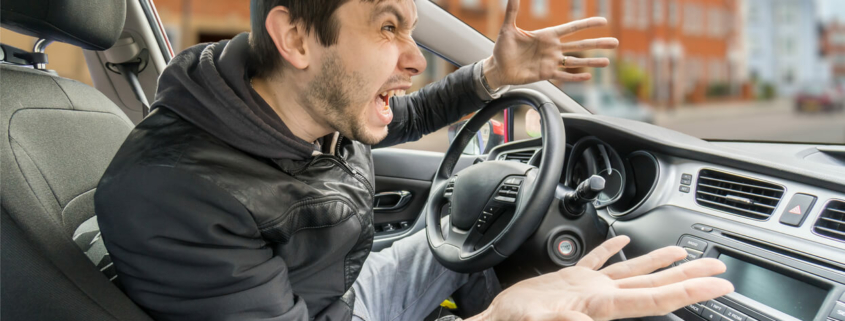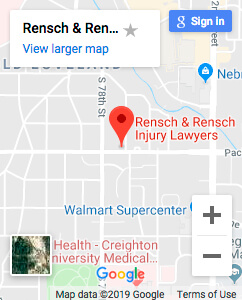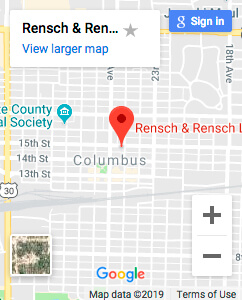Can Your Emotions Impact Your Driving?
OMAHA, Nebraska. Feeling bad, sad, or under the weather? According to the New York Times, people who don’t feel well are more likely to make better judgement calls. Feeling under the weather emotionally might make us more critical and therefore might make us better decision makers in crucial situations. According to the Times, the human ability to be guided by sadness, fear, anxiety, and suspicion has evolutionary advantages. It helps us avoid dangerous situations. Driving is one such potentially dangerous situation where a little added caution and care can always be beneficial.
Recent research by the University of Leeds reported on by the Telegraph indicates that both extreme positive as well as negative emotions can impact our ability to drive. Researchers studied how emotions impacted a person’s ability to detect road hazards. Ultimately, researchers discovered that it’s not a good emotional state or bad emotional state in itself that can impact a person’s driving ability, but rather, the intensity of the emotional state. Euphoria following a wedding engagement can be equally as dangerous as anger and sadness resulting from learning you’ve been fired.
The ideal state for driving is one of balance—where you are just attentive enough to be aware of dangers or risk, but aren’t so overly vigilant as to be unable to respond and perform normal maneuvers. Too much anxiety can impact performance in driving, just as stage fright or test anxiety can impact performance.
So, what can drivers do to keep themselves safe, especially when emotions are running high? Before jumping in the car, it might be a good idea to pause and breathe deeply. If you feel highly emotionally activated, taking a time out is better than getting behind the wheel right away. If you find yourself getting angry behind the wheel due to the actions of other drivers, it is also important to take steps to de-escalate yourself. Don’t use obscene gestures, don’t tailgate, and if you find yourself getting really worked up, pull over and take a breather. Take deep breaths and stay calm.
Finally, if you’ve just received really good or bad news, it might be best to avoid getting behind the wheel at all. Can you ask a friend or family member to drive you? Can you take a cab or Uber? Avoiding getting behind the wheel in the first place can prevent accidents that occur either due to distracted driving or from elevated emotions.
The best way to avoid the consequences of a car accident is to avoid a car accident in the first place.
Rensch & Rensch Law are personal injury lawyers in Omaha, Nebraska who see firsthand how challenging the aftermath of a car accident can be. If you or a loved one has been hurt in a crash, our firm may be able to help you seek damages for your lost wages, pain and suffering, and medical bills. Visit us at https://www.renschandrensch.com/ to learn more about your rights and options under the law.
Rensch & Rensch Law
7602 Pacific Street,
Suite 102
Omaha, NE 68114





